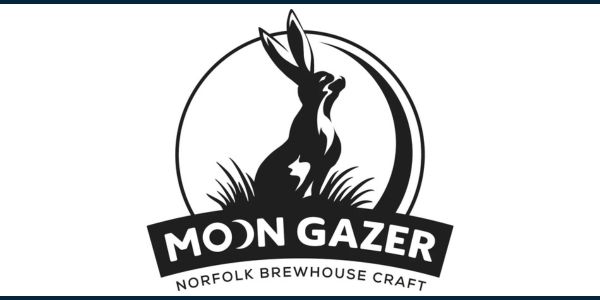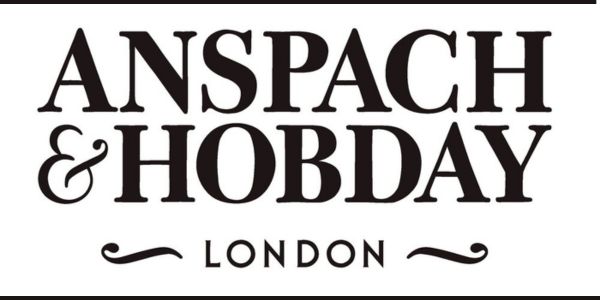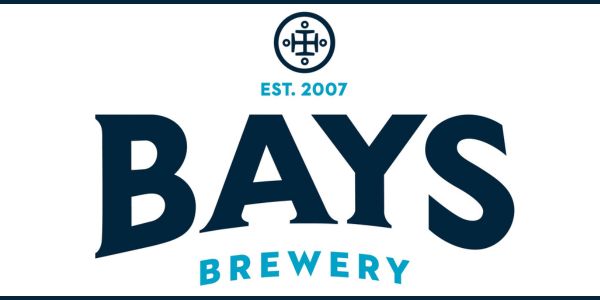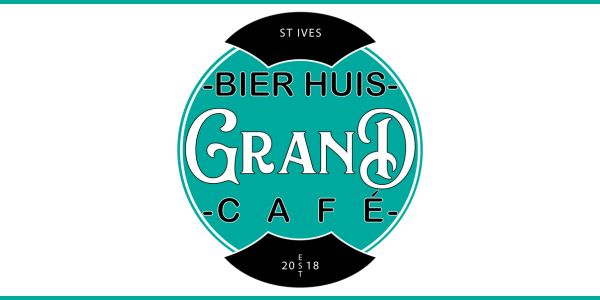The Slow Food Movement has recognised the significance of Cask Beer, through the work of members of the Mid-Chilterns branch of CAMRA.
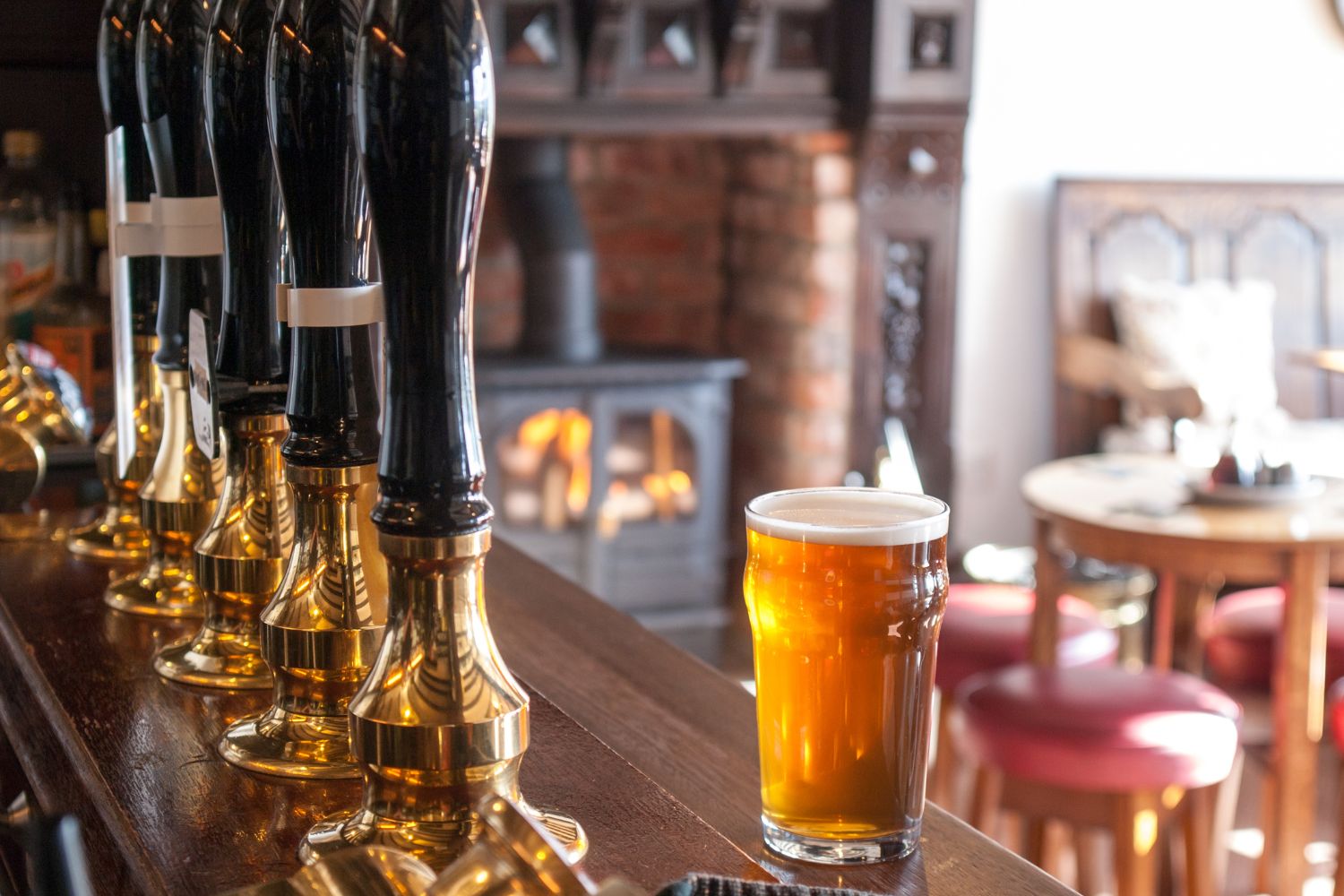
Founded in Italy in 1986, Slow Food is believed to be the world’s largest food movement, with 1 million activists in 160 countries.
The movement began as a grassroots mission to protect culinary heritage, and soon grew to the organisation it is today, promoting biodiversity and campaigning on behalf of endangered foods and traditions.
The Ark of Taste is one of the Slow Food Movement’s key initiatives, cataloguing endangered food and drink from around the world. Nominations to the ark are supervised through a member of the organisation’s advisory board, who assesses a product’s unique characteristics, including cultural and historical significance.
If suitable for recognition, The Slow Food Movement takes a product through advocacy, both at local and national levels. Members of the movement’s Chefs Alliance programme are encouraged to champion ark products at their eateries, connecting slow food producers with chefs at top restaurants.
Ludlow Marches Slow Food Group was one of the first to champion cask at Slow Food events, commissioning its first cask tasting at the Ludlow Food Festival in 2023. Tastings at the festival have been led in collaboration with beer writer and Slow Food supporter Laura Hadland.
Cask beer, including the way it is produced and dispensed, was nominated for Slow Food’s Ark of Taste by Mid-Chilterns CAMRA chairman Jared Ward-Brickett. Both a keen foodie and an accredited beer sommelier, Jared believed that cask’s rich heritage — coupled with its struggles in contemporary times — made the drink a prime candidate for Slow Food recognition.
“I believe that cask beer is one of Britain’s finest examples of slow food,” said Jared. “Brewers fill casks with beer containing live yeast, which naturally ferments sugars and produces carbon dioxide, lending the beer its gentle effervescence and layered character.

“Upon delivery to the pub, casks are carefully vented and settled by a skilled cellar-person until they are ready to be served through a traditional handpump. This methodical, attentive process produces a unique drinking experience. Lively yet smooth, with subtle complexity drawn from natural fermentation.”
He added: “It is worth noting that cask is almost exclusively to be found in traditional British pubs. These establishments hold a special place in British life and have been cornerstones of community for centuries.
“Historically, cask-serving pubs would have offered a vital ‘third place’ away from impoverished homesteads and grim workplaces — environments of warmth, conversation, and conviviality.”
Adbullah Faiz, programme coordinator for the Ark of Taste at Slow Food, added: “The cataloging of cask beer in the Ark of Taste is a recognition not only of a traditional brewing method, but of a living culture that values craftsmanship, community, and taste.
“By safeguarding this heritage, we are protecting the knowledge and conviviality that define Cask Beer, ensuring it continues to inspire future generations.”
Slow Food’s acknowledgement of cask beer comes as efforts are being made to gain Unesco recognition for the product. The effort, backed by CAMRA and other industry bodies, is fronted by the Craft Beer Channel, who have showcased the virtues of cask-conditioned ale through their Keep Cask Alive campaign.
Just as timely, the news has been published by Mid-Chilterns CAMRA branch during national Cask Ale Week.



